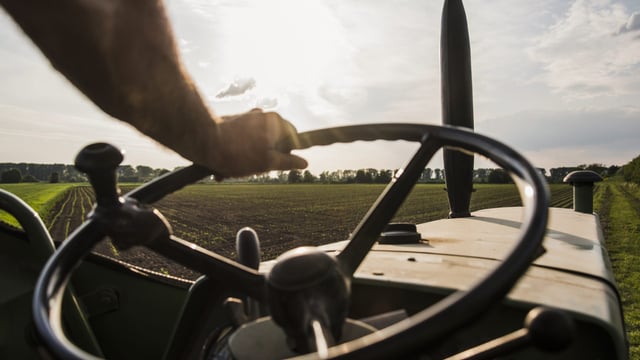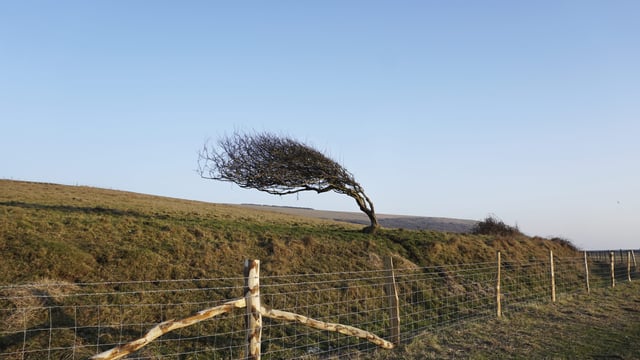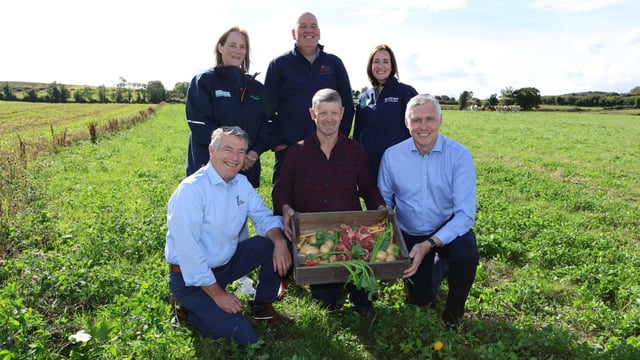First severe human case of H5N1 bird flu in US confirmed
The first US case of severe illness in a human due to the H5N1 strain of avian influenza (bird flu) has been confirmed by the Centers for Disease Control and Prevention (CDC).
The agency said that a patient has been hospitalised with a severe case of infection in Louisiana.
While an investigation into the source of the infection is ongoing, it has been determined that the patient had exposure to sick and dead birds in backyard flocks.
This is also the first case of H5N1 bird flu in the US that has been linked to exposure to a backyard flock.
Since April 2024, there have been a total of 61 reported human cases of H5 bird flu reported in the US.
Initial data suggests that the virus which infected the patient in Louisiana belongs to a genotype related viruses recently detected in wild birds and poultry in the US and in recent human cases in British Columbia, Canada, and Washington state.
This H5N1 bird flu genotype is different than the B3.13 genotype detected in dairy cows, sporadic human cases in multiple states, and some poultry outbreaks in the US.
The CDC said that additional genomic sequencing and efforts to isolate virus from clinical specimens from the patient in Louisiana are underway.
The agency said that this case does not change CDC's overall assessment of the immediate risk to the public's health from H5N1 bird flu, which remains low.
"This case underscores that, in addition to affected commercial poultry and dairy operations, wild birds and backyard flocks also can be a source of exposure.
"People with work or recreational exposures to infected animals are at higher risk of infection and should follow CDC's recommended precautions when around animals that are infected or potentially infected with H5N1 avian influenza virus.
"This means that backyard flock owners, hunters and other bird enthusiasts should also take precautions," the CDC said.
The agency added that as a general precaution, whenever possible, people should avoid contact with sick or dead animals, in particular wild birds, and poultry.
Meanwhile, a state of emergency has been declared in California due to growing concerns over bird flu cases in the state and across the country.
California Governor Gavin Newsom issued the emergency proclamation on Wednesday (December 18) as more bird flu cases were detected in southern California dairy cows.
The virus has spread in 16 states among dairy cattle, following its first confirmed detection in Texas and Kansas in March 2024.
Governor Newsom said that the emergency proclamation will provide state and local agencies with additional flexibility around staffing, contracting, and other rules to support California’s evolving response.
"Building on California’s testing and monitoring system — the largest in the nation — we are committed to further protecting public health, supporting our agriculture industry, and ensuring that Californians have access to accurate, up-to-date information.
"While the risk to the public remains low, we will continue to take all necessary steps to prevent the spread of this virus," Newsom said.





